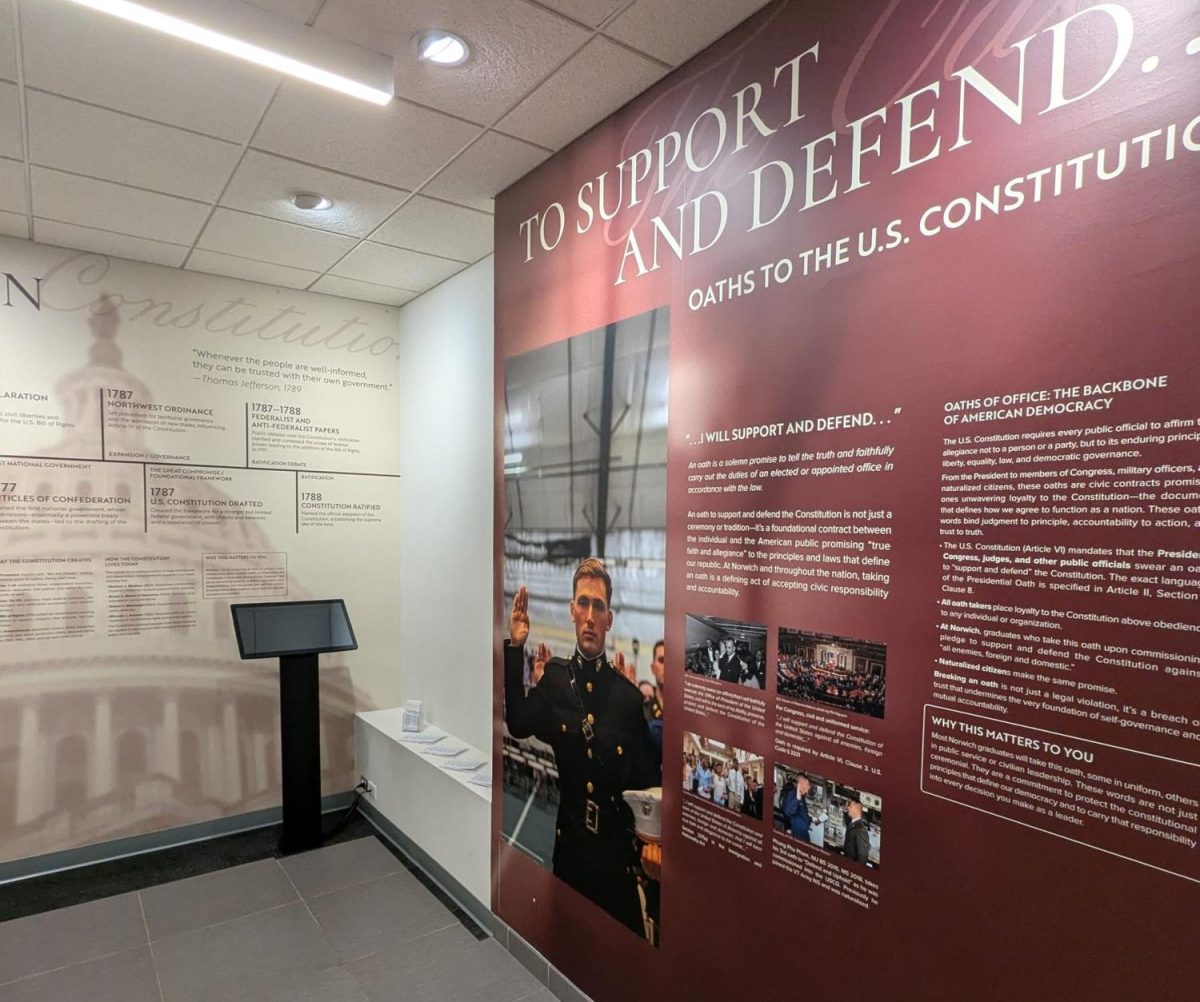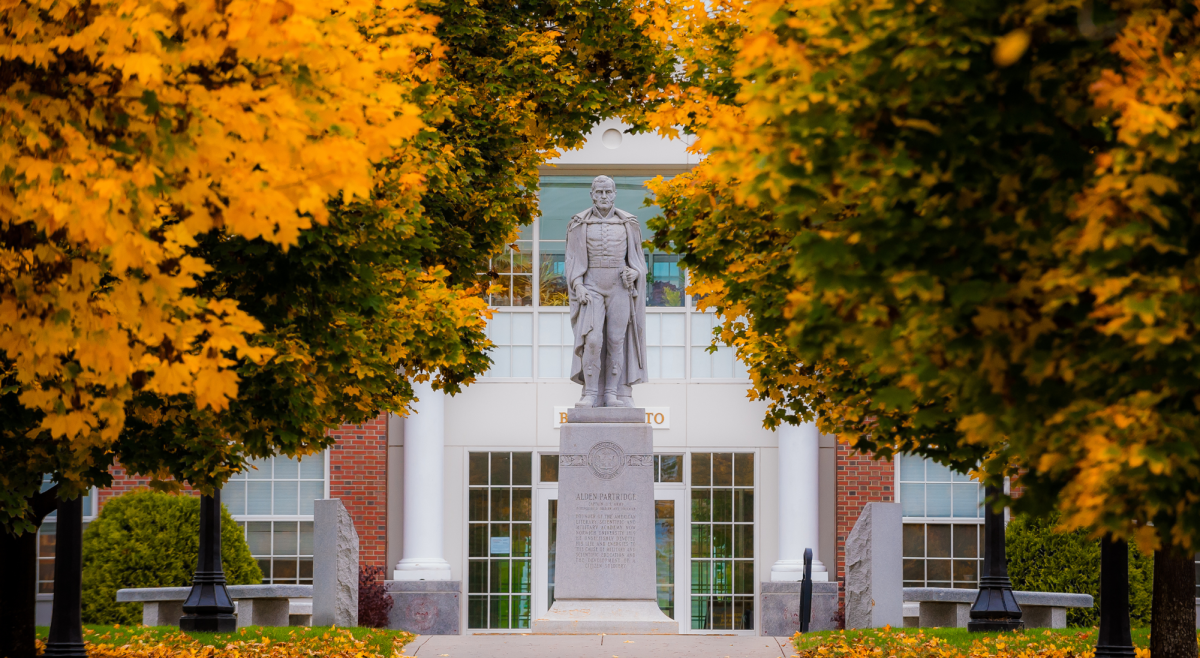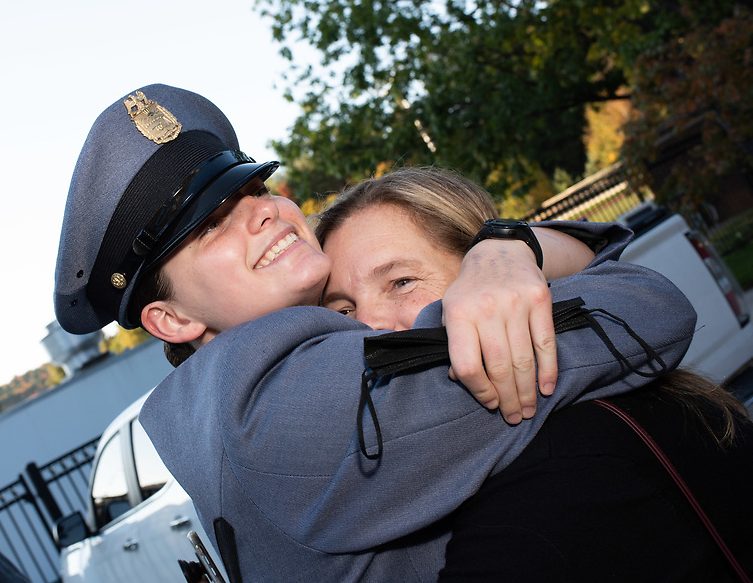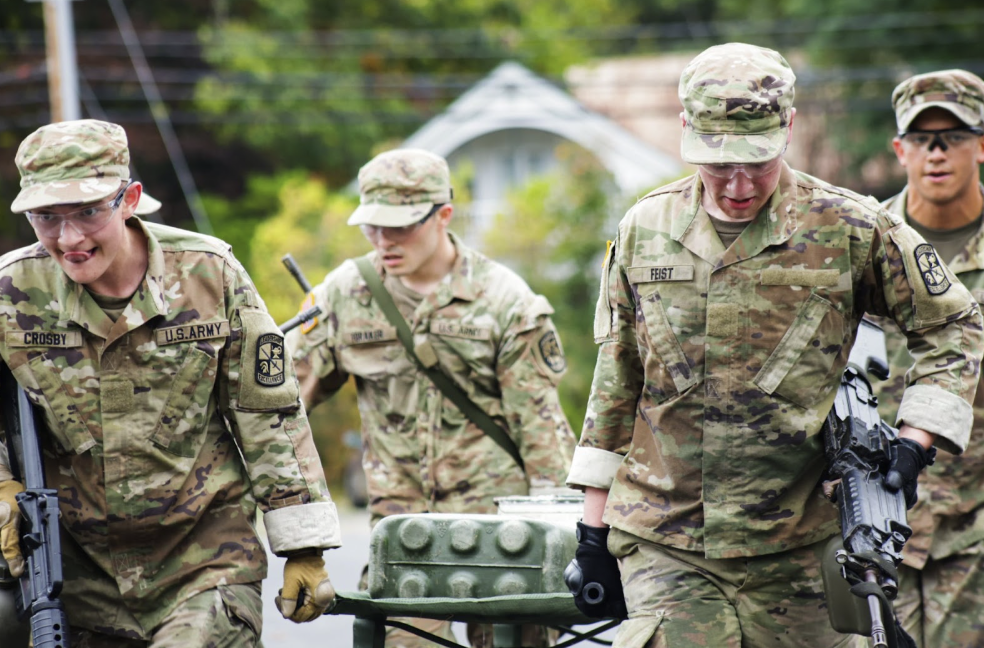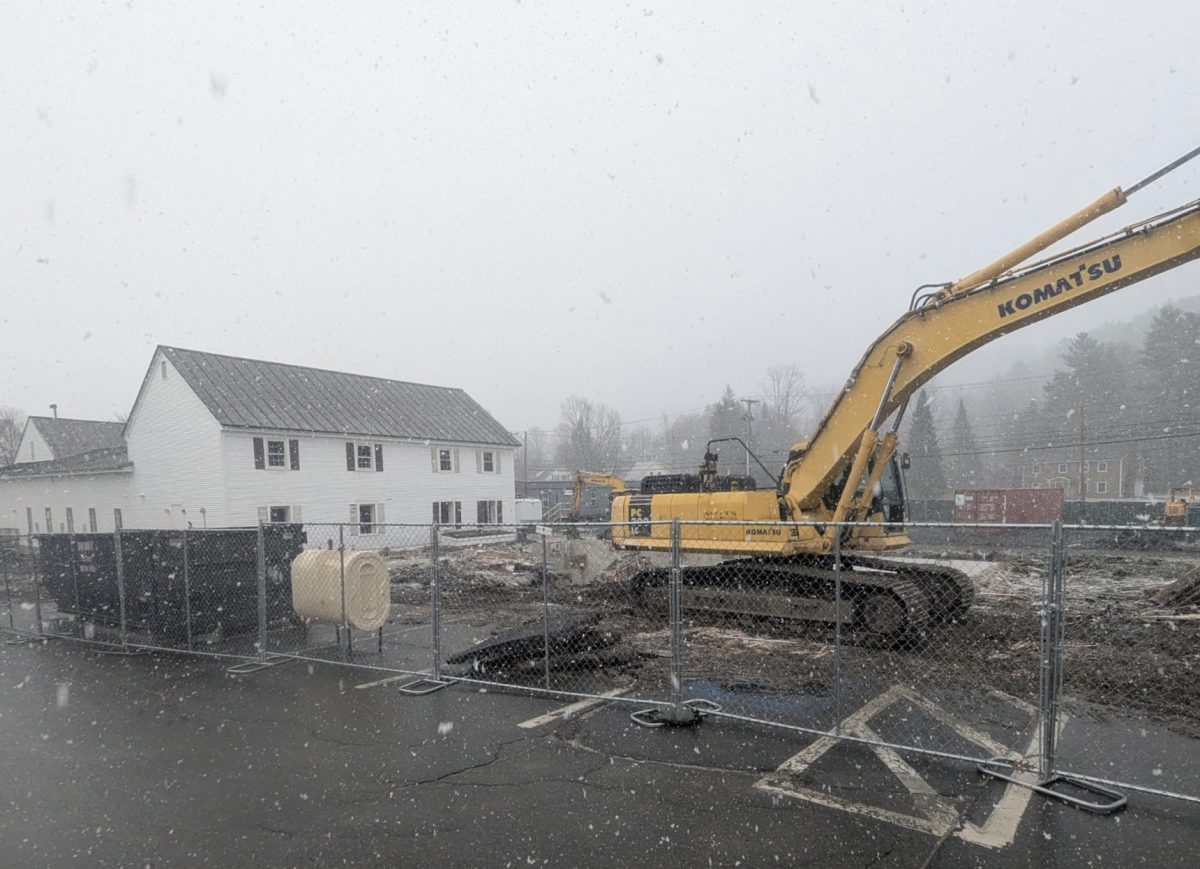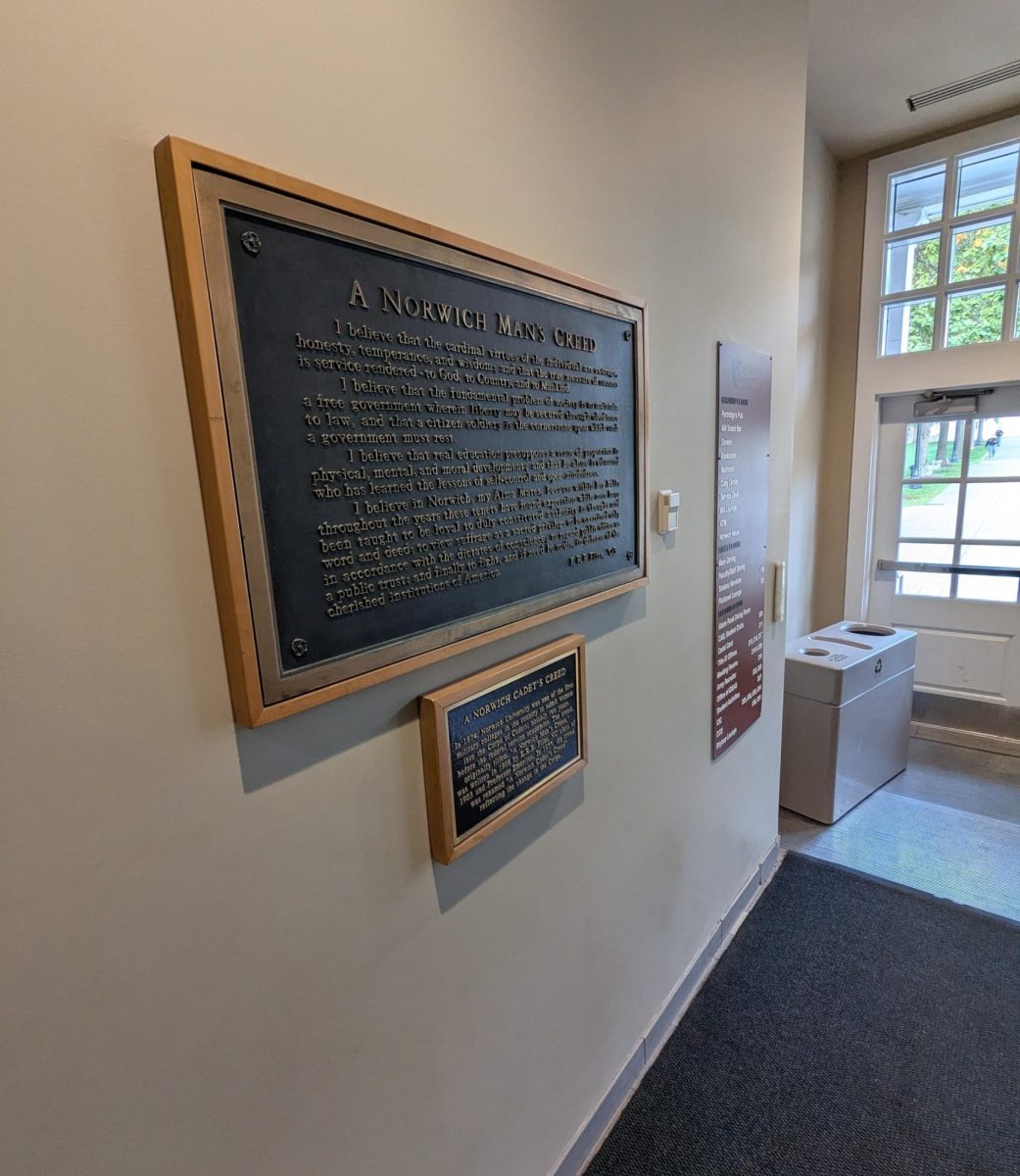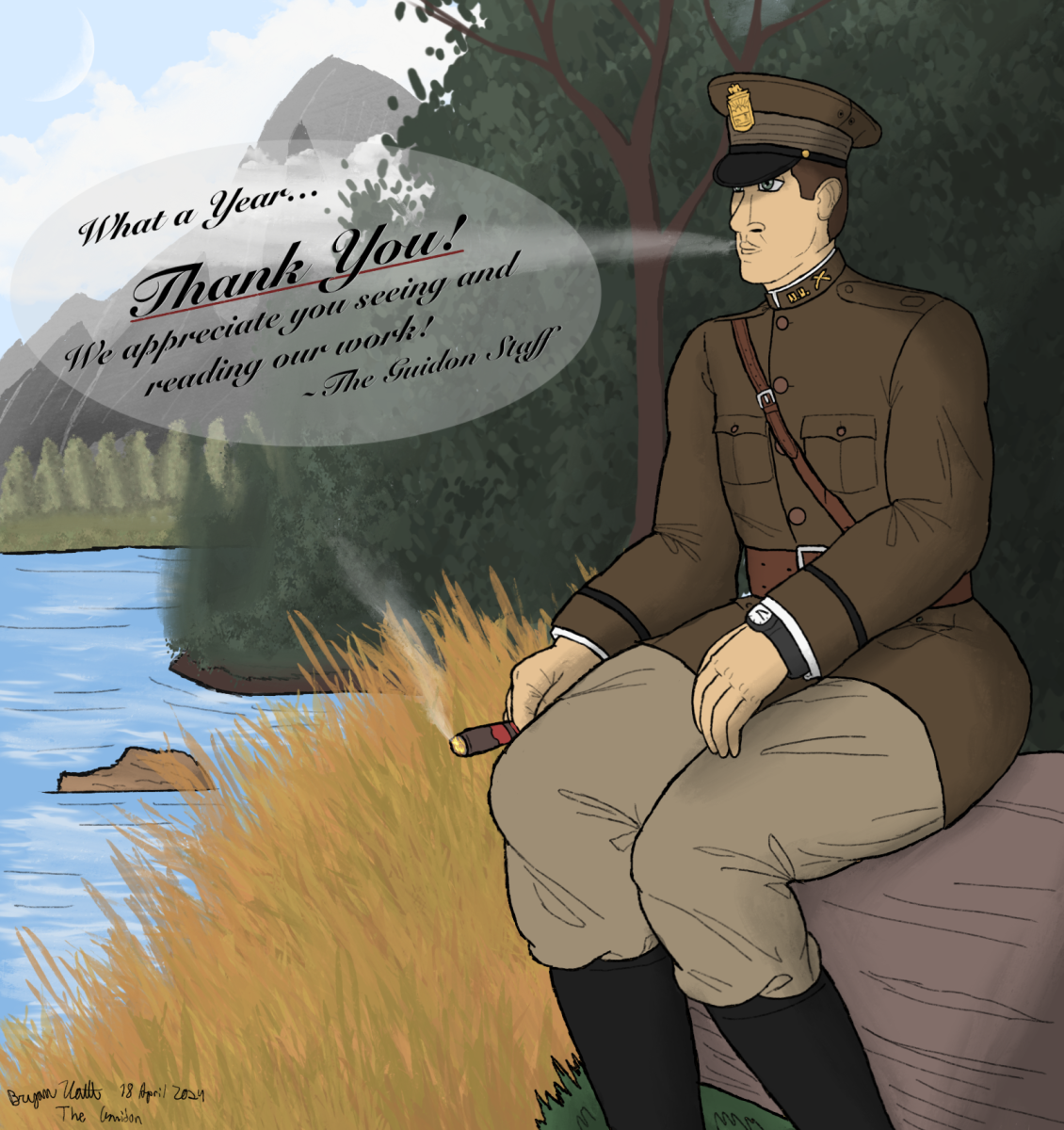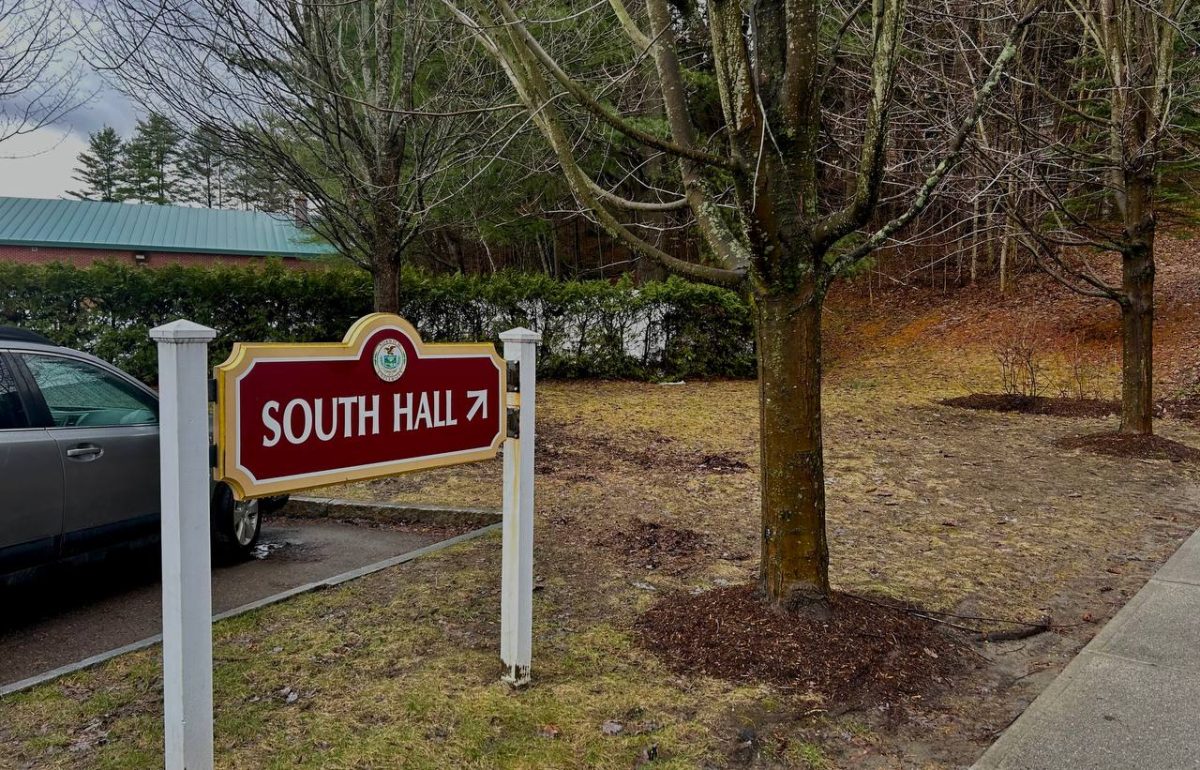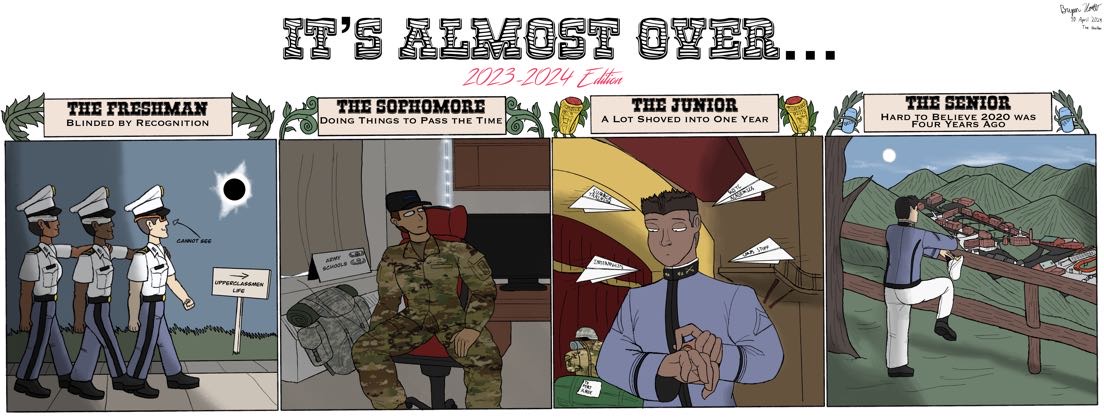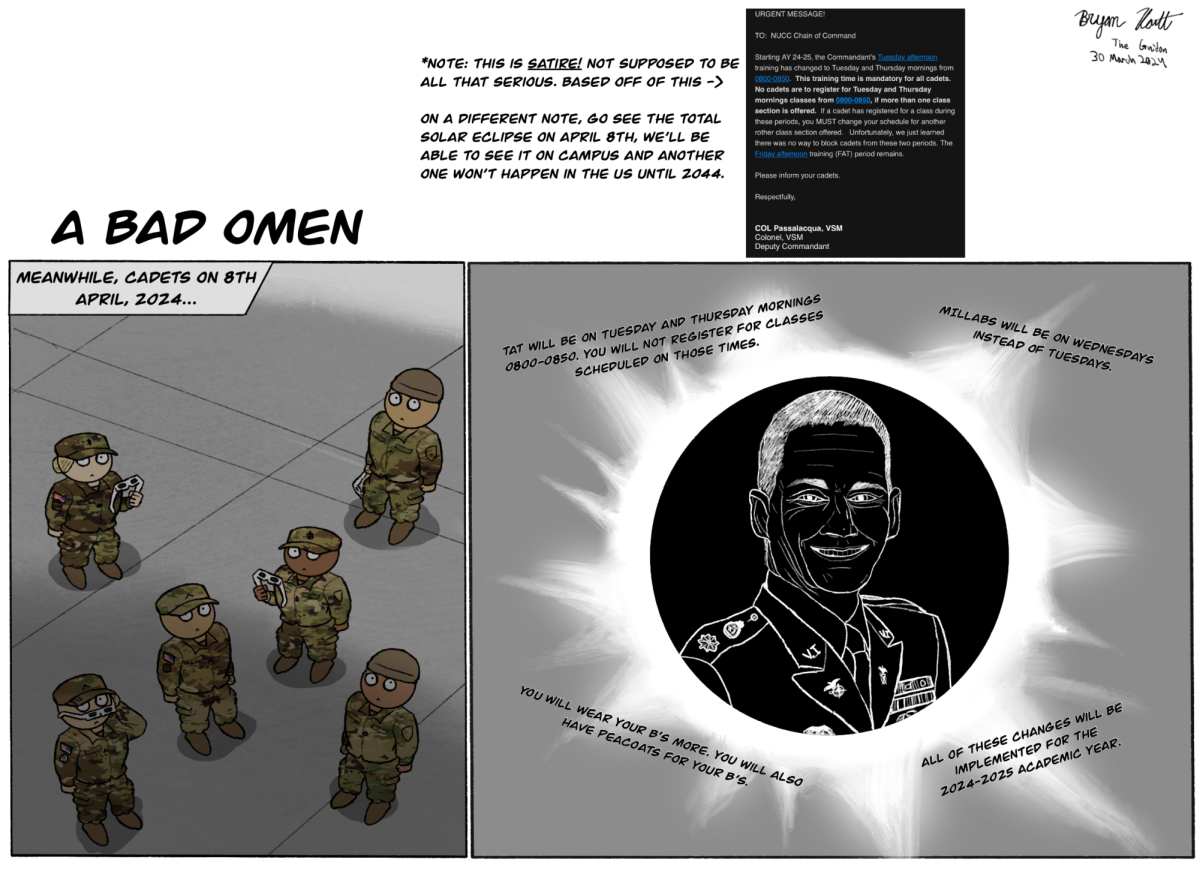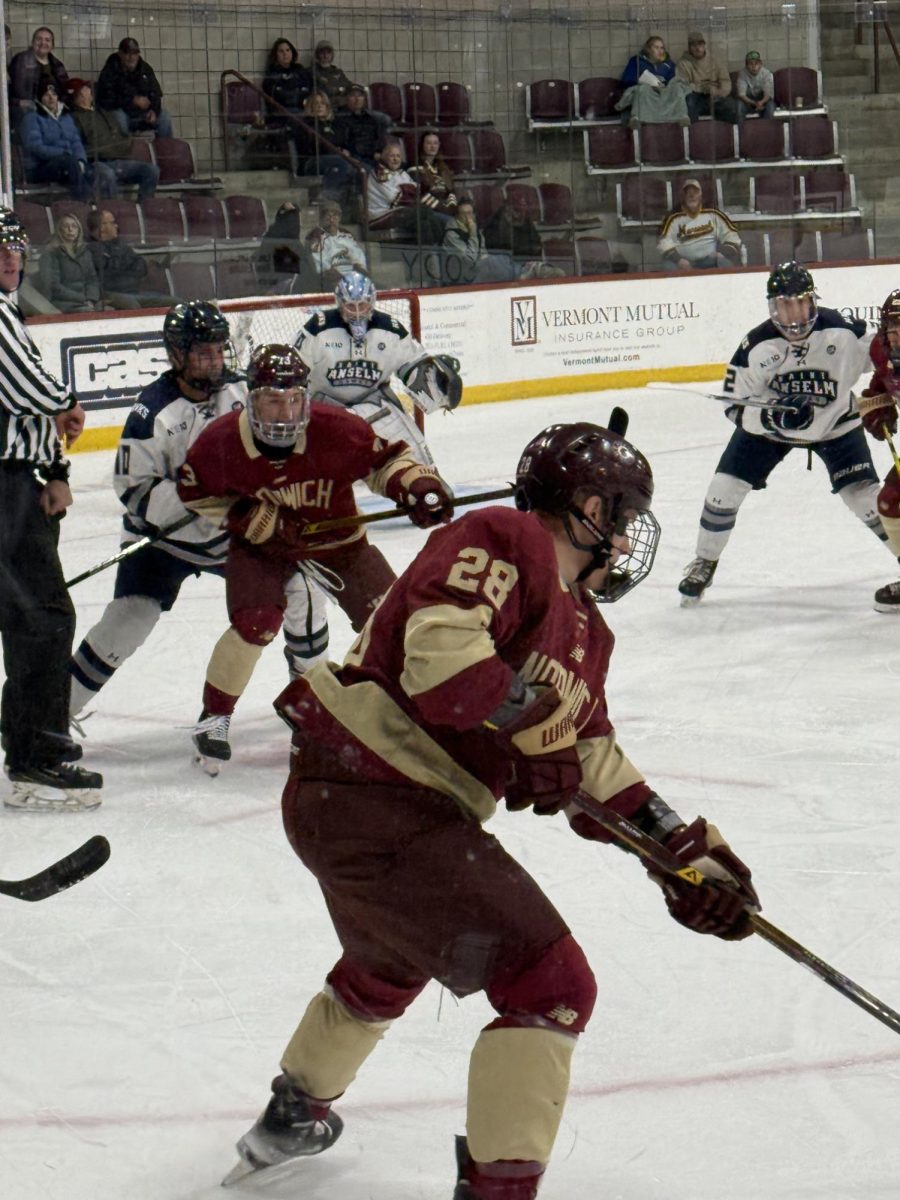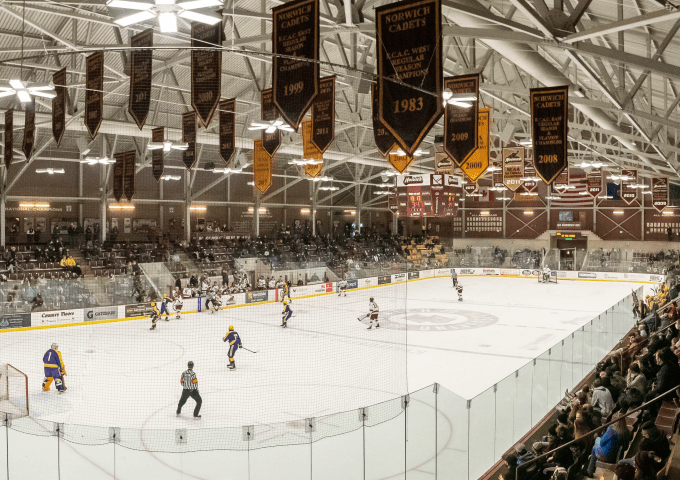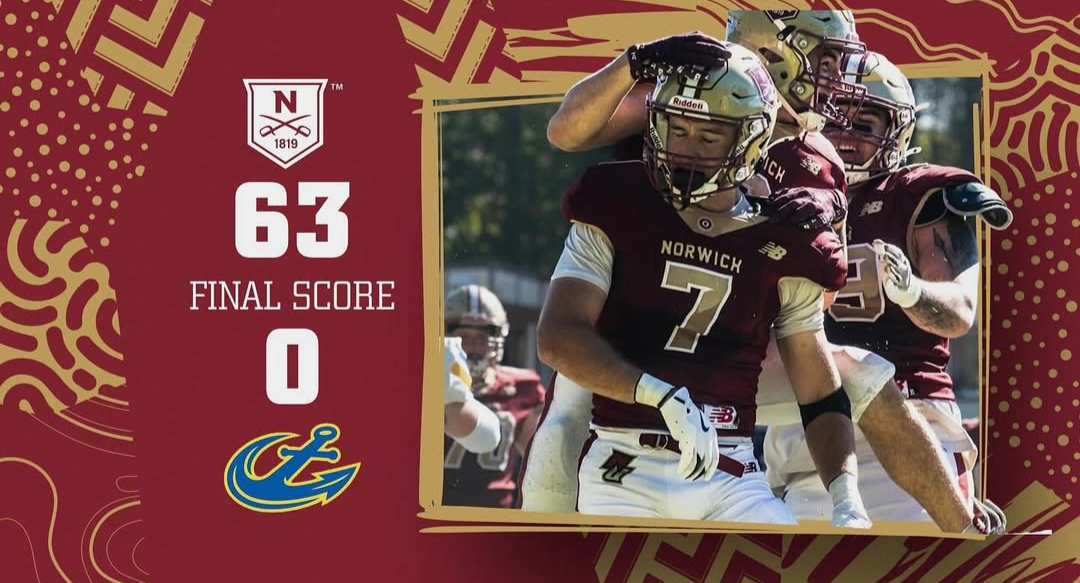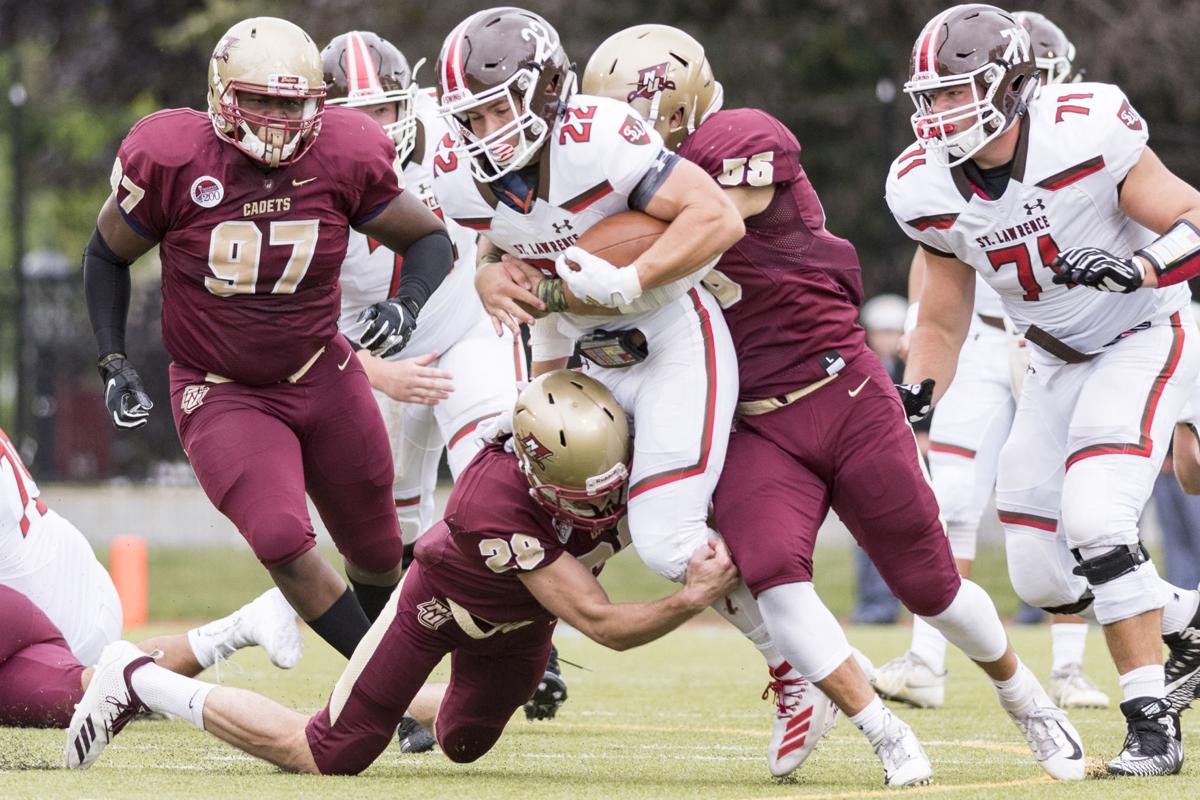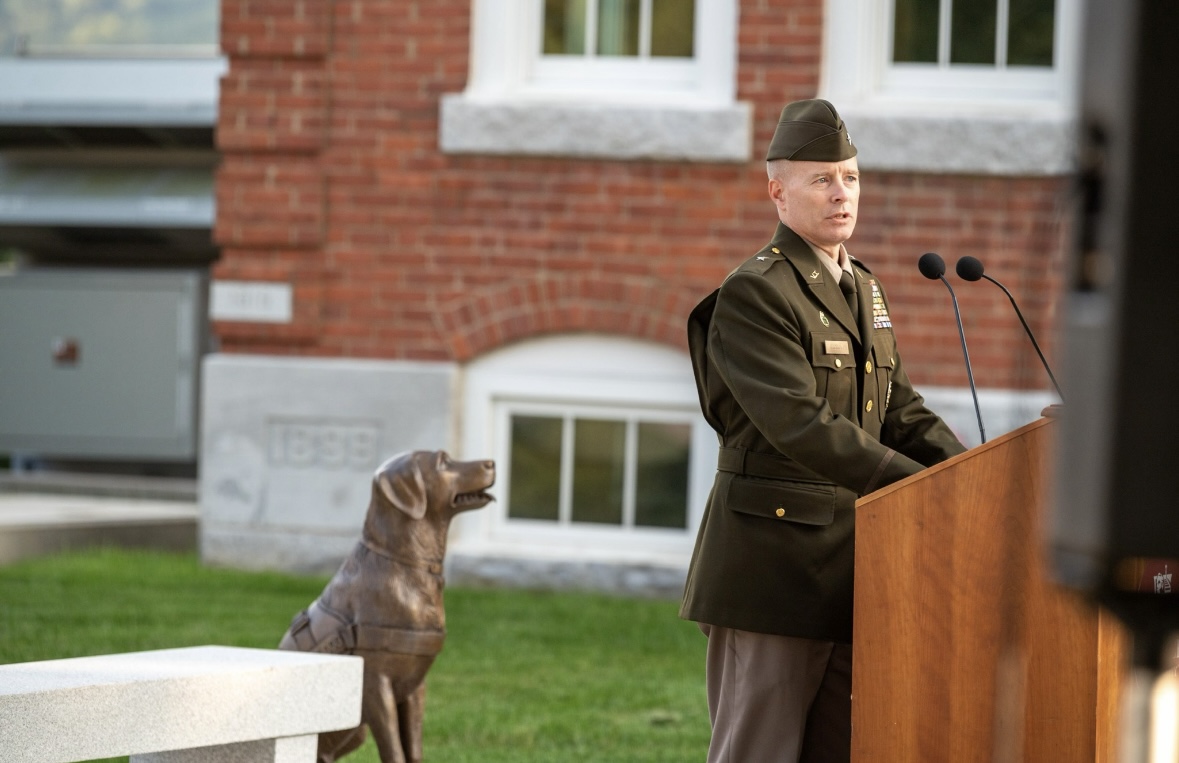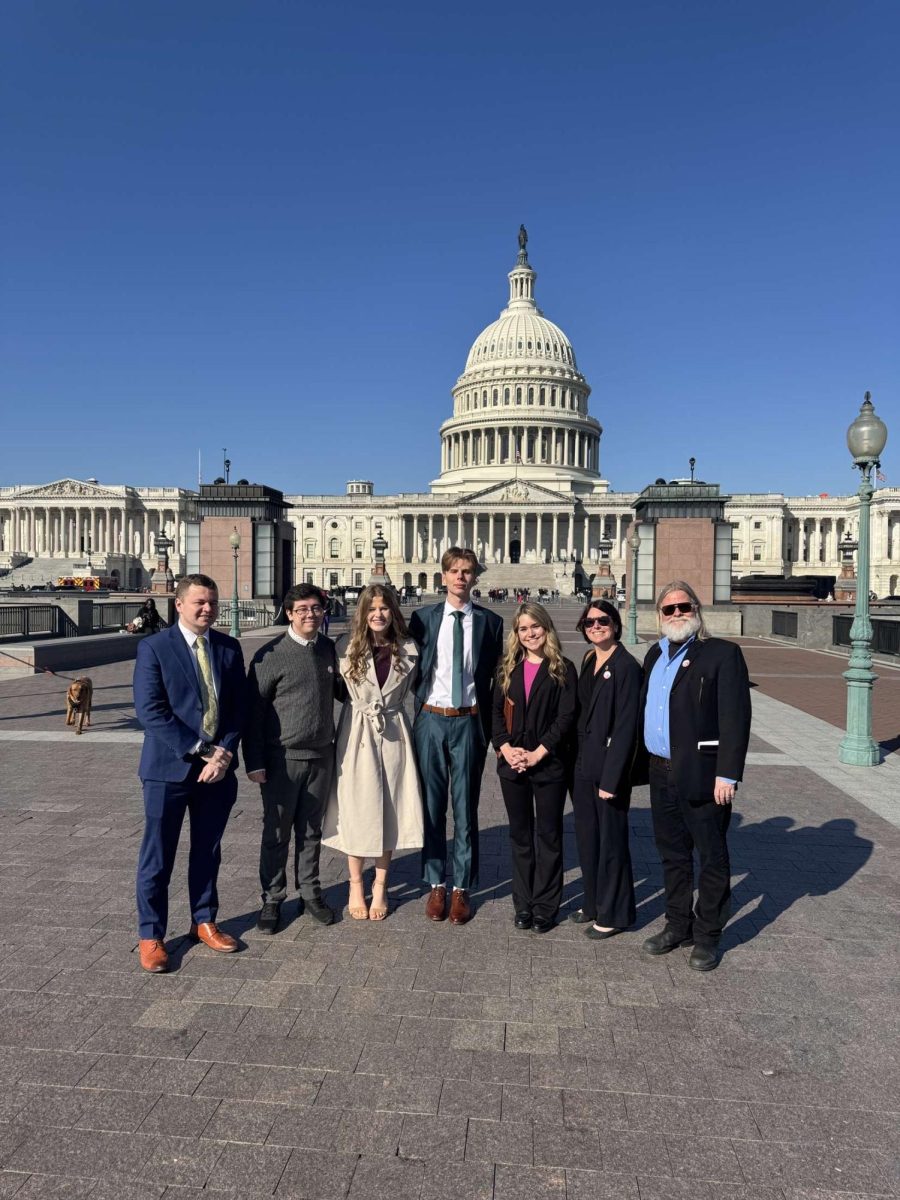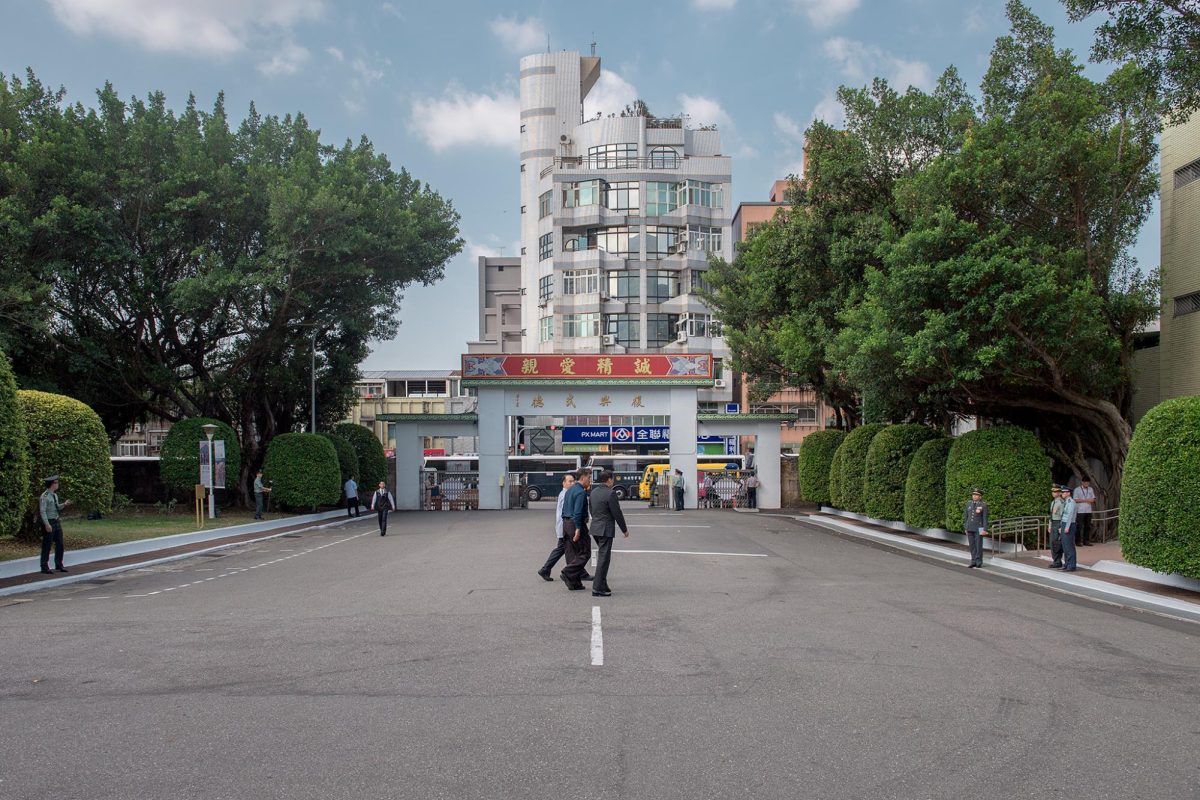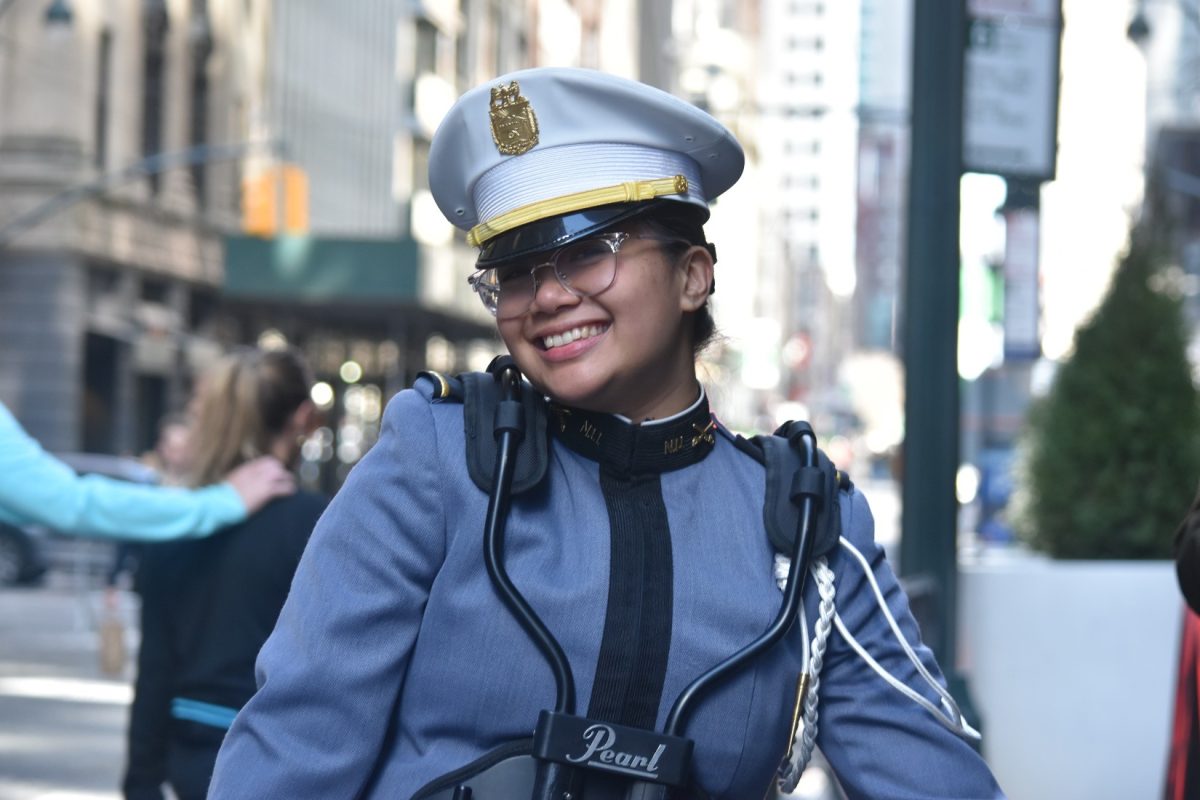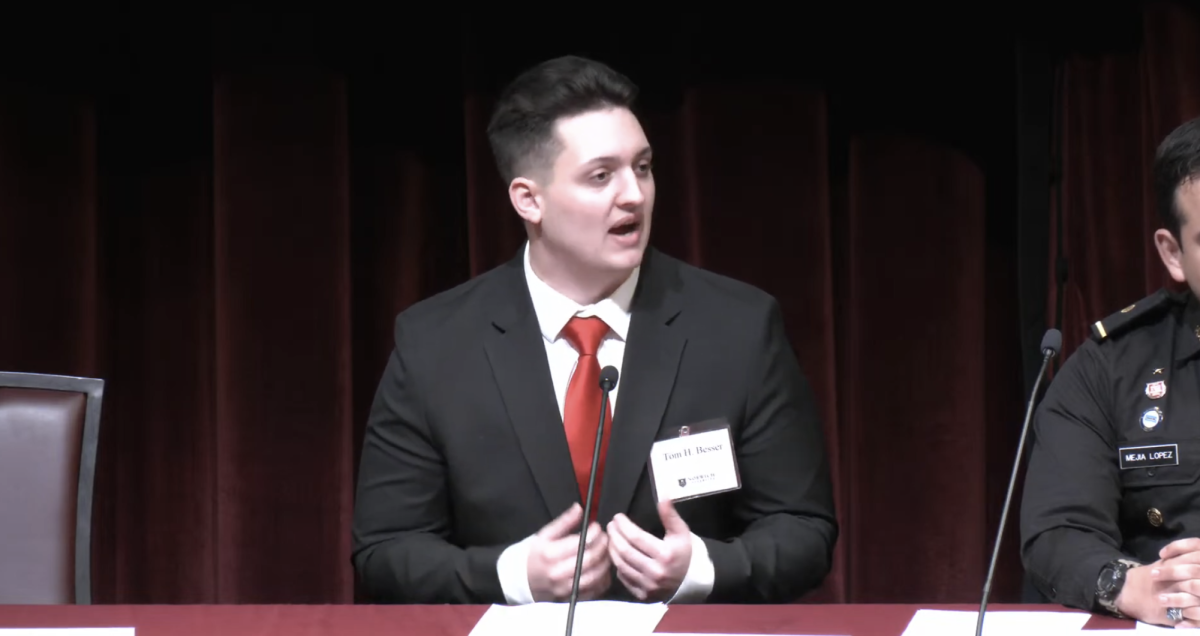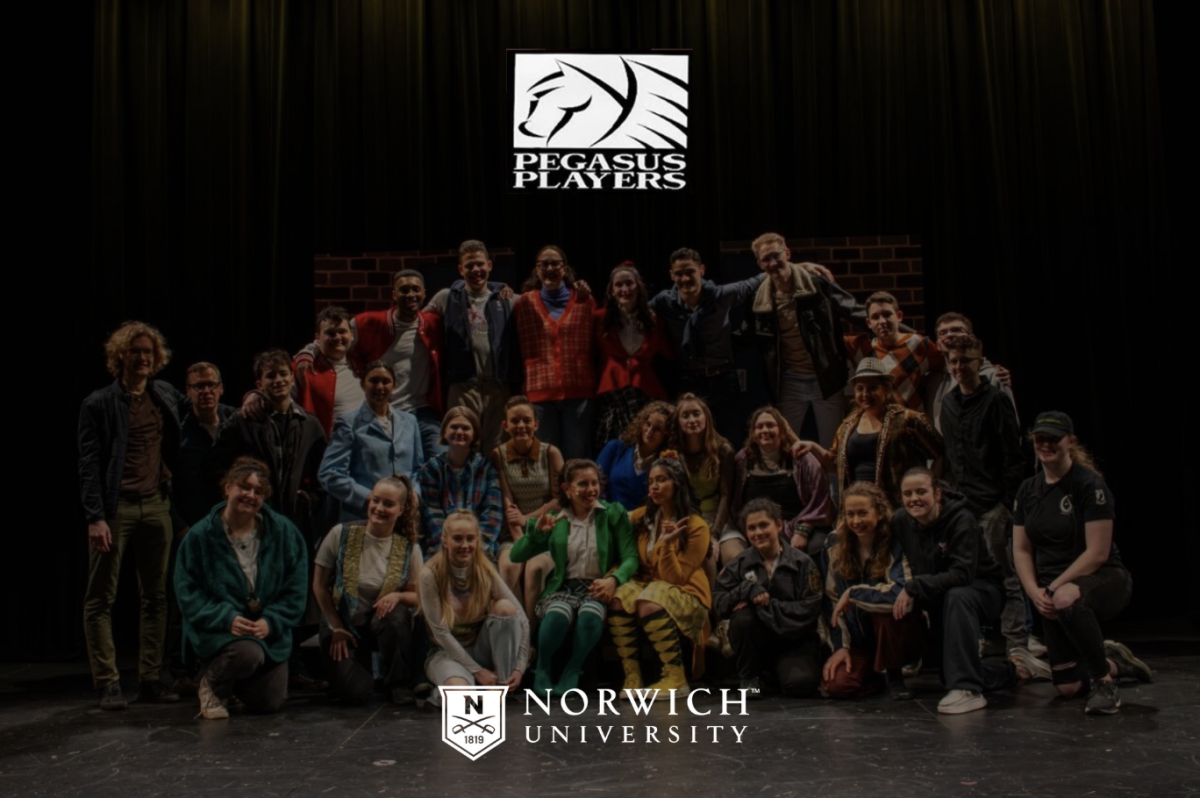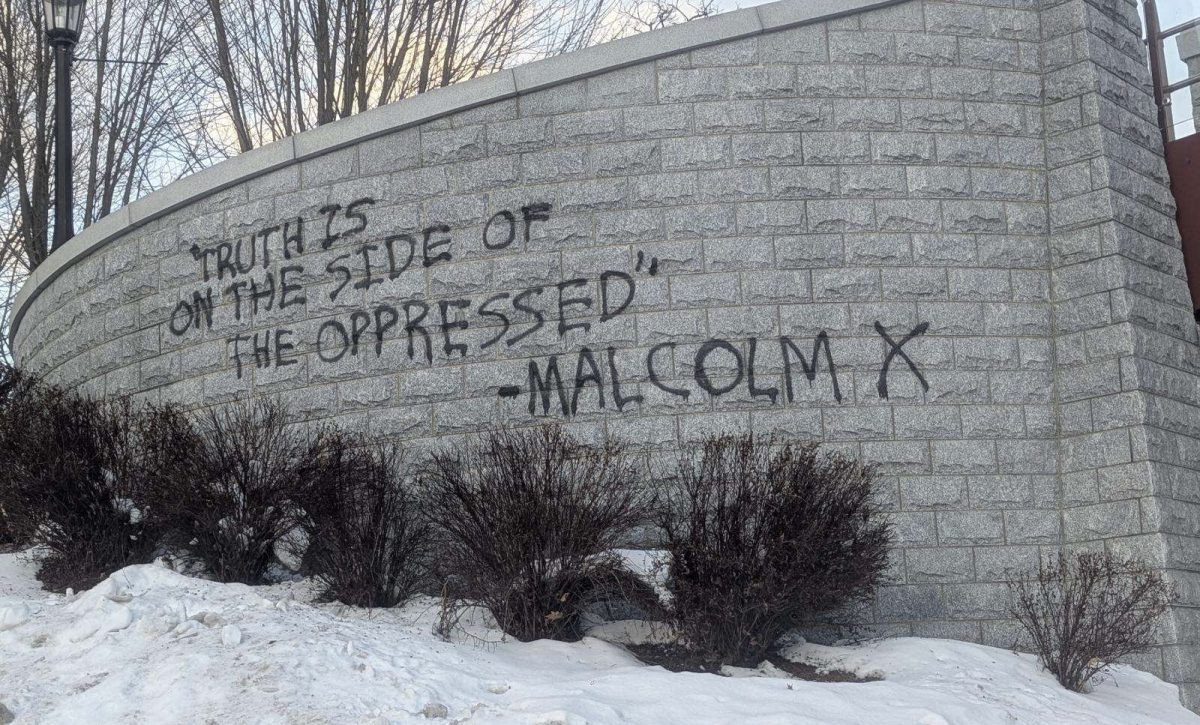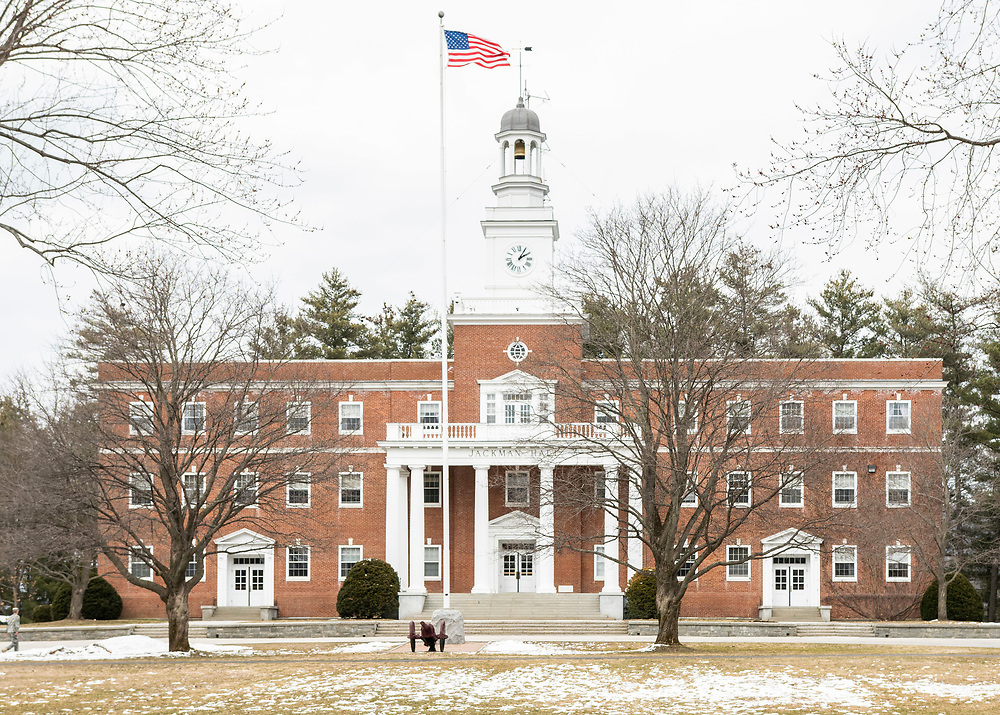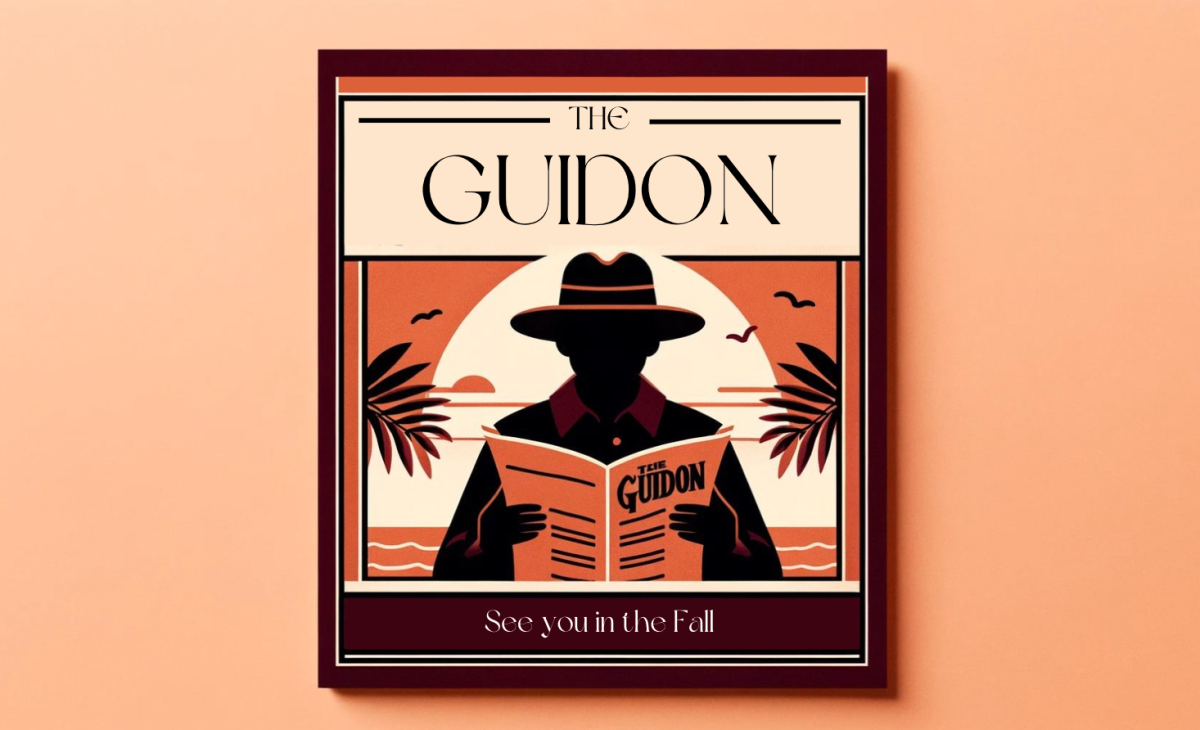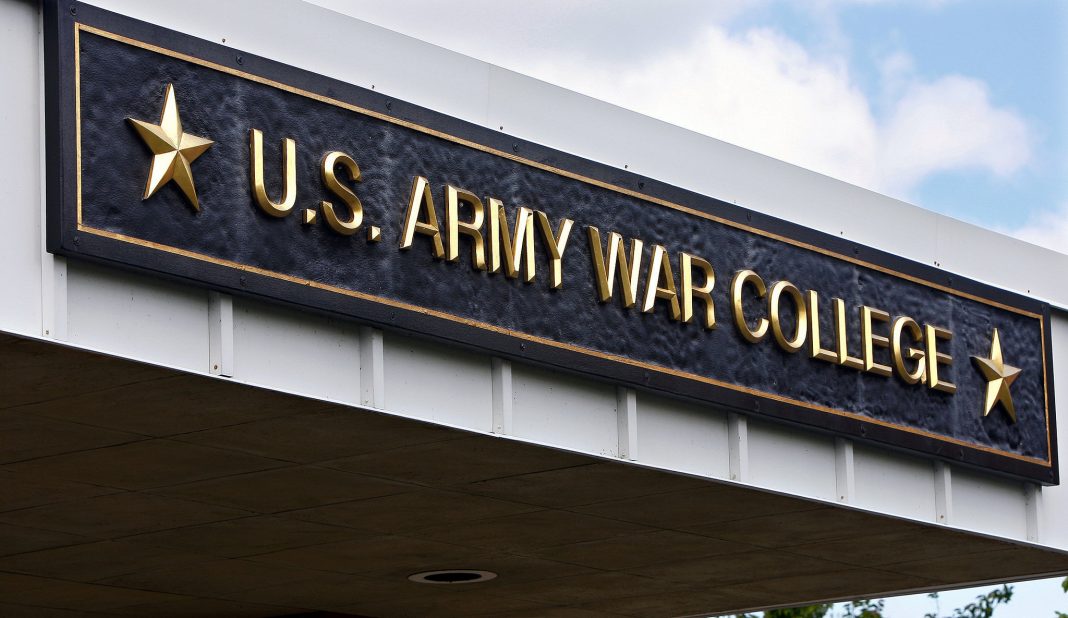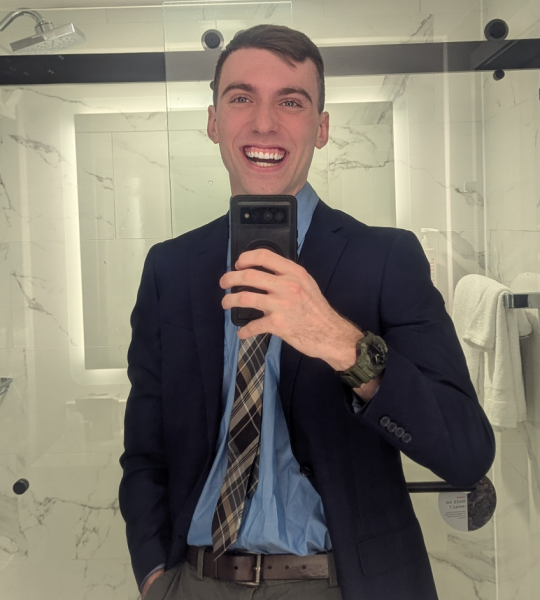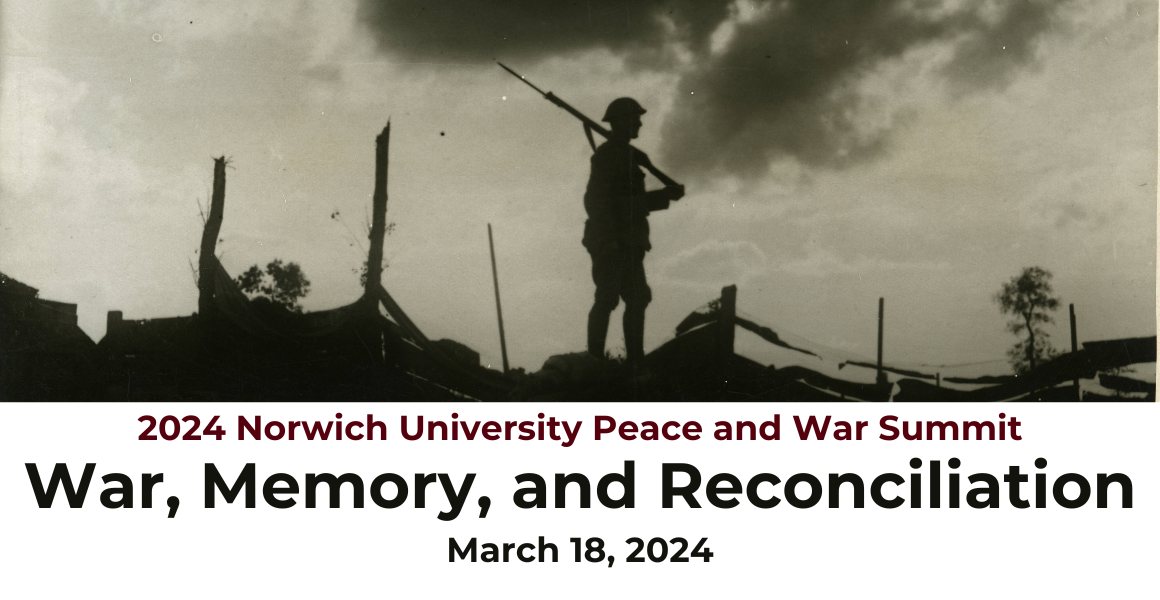
Norwich University Peace and War Center convened its 5th annual Peace and War Summit in Mack Hall Auditorium, drawing together scholars, experts, and students to delve into discussion on global conflicts and their aftermath.
Throughout the day, 14 distinguished speakers and guests presented their research and insights under the summit’s overarching theme: War, Memory, and Reconciliation.
From examinations of Japanese atrocities in Asia to the pervasive use of transnational repression by global powers like Russia and China, the presentations shed light on historical facets often overlooked in mainstream narratives.
“Although the themes of every annual Peace and War Summit are aimed at topical and significant, we always strive to look beyond contemporary issues whenever possible and focus on the lingering and negative impact of military conflicts,” said Yangmo Ku, associate professor for the Department of History and Political Science.
Ku had also participated as both a panelist and the executive director of the summit, offering a compelling presentation: The Historical Justice, Reconciliation, and Peace between Japan and South Korea, delving into Japan’s actions in Southeast Asia during the early 20th century, particularly in Korea.
Not only was Ku’s presentation a fascinating look into this period of world history, but it also contributed to the larger theme of the summit and the motif of how states & societies should address and deal with their past transgressions.
While the event primarily featured experts from the Department of History and Political Science, it also welcomed presentations from diverse academic disciplines, including English and Architecture.
Associate Professor Kyle Pivetti’s presentation, Where Shame Lives: Emotional Memory and War in Early Modern England, creatively connected Shakespearean works to the emotional landscape shaped by armed conflicts.
Regardless of their area of study, most panelists were professors working at Norwich University who dedicated their careers to studying their topics – but there was also a student-led panel session towards the end of the event.
Four Norwich students were given the opportunity to present their own research and expertise on a topic of their choosing.
“I took one of Professor Ku’s capstone courses last semester. And with him being highly involved with the summit, he invited the five of us in his class to send in a paper to be considered for presentation,” said August Guerrieri, 22, a senior in Corp of Cadets’26 majoring in Political Science from Pennsylvania.
Even though both Guerrieri and the other three student panelists were chosen to present their research at the summit as a part of their classes, they were primarily motivated by their interest in their area of study.
“I didn’t start working on my project just for this summit; this is work that I started back in my junior year…it’s safe to say that I was very passionate about my presentation and my work,” said Guerrieri.
Beyond the presentations, a team of moderators and discussants, including student volunteers, ensured smooth execution while facilitating the Q&A portion that followed every presentation.
“Before the summit, we had one or two meetings where we got to know our co-moderators as well as our roles in general,” said Erin Reynolds, 21, a junior in the Corp of Cadets’25 majoring in Political Science from New York. “We were also sent each of the panelist’s research papers and told to make sure we have questions ready for the panelists in case nobody goes up for the Q&A.
From the student moderators to the professional panelists, there was a lot that went into pulling off the 2024 Peace and War Summit.
Although this event has only been around since 2019, it is still essential to the Norwich experience. The summit is a great opportunity for foreign relations students and embodies Norwich University’s commitment to fostering a global perspective among its community.
In its fifth year, the Peace and War Summit continues to serve as a beacon of intellectual engagement and critical reflection, challenging attendees to broaden their perspectives and contribute to a more informed and inclusive dialogue on global affairs.
